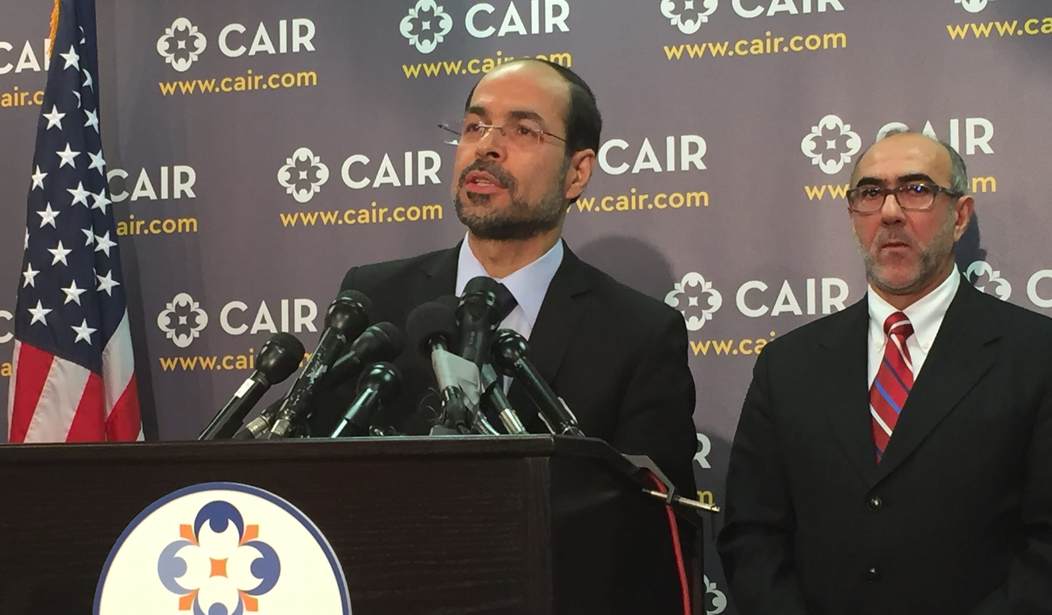WASHINGTON – Former Chicago Police Department Superintendent Garry McCarthy on Thursday lashed out at the Obama administration’s “political reaction” to the 2014 shooting death of Laquan McDonald, which he claimed has emboldened criminals in Chicago.
Laquan, a 17-year-old suspected of breaking into vehicles and armed with a 3-inch knife, was shot 16 times while trying to flee Chicago police. Mayor Rahm Emanuel fired McCarthy in 2015 amid protests and mounting political pressure. Officer Jason Van Dyke faces first-degree murder charges, and three other cops have been charged with conspiracy. The city reached a $5 million settlement with Laquan’s family.
Obama’s attorney general, Loretta Lynch, completed a yearlong investigation into the shooting in January, casting blame on Chicago police for systemic racism driven by excessive use of force, poor oversight and inadequate training. McCarthy did not participate in the DOJ probe, and when reporters asked Lynch for her reasoning, she said that he “wasn’t available.”
Lynch said in a Jan. 13 speech that DOJ investigators “conducted hundreds of interviews with citizens, officials, and officers; reviewed thousands of pages of documents; and observed CPD officers on the job,” and “on the basis of this exhaustive review, the Department of Justice has concluded that there is reasonable cause to believe that the Chicago Police Department engages in a pattern or practice of use of excessive force in violation of the Fourth Amendment to the Constitution.”
“The systems and policies that fail ordinary citizens also fail the countless vast majority of CPD Officers who risk their lives every day to serve and protect the people of Chicago,” Lynch said. “During the course of our investigation, the department heard from countless officers who were disillusioned and discouraged by strained trust, inadequate training, poor oversight, and inattention to officer wellness and safety.”
McCarthy, who has called Lynch a liar, repeated those objections at the Heritage Foundation on Thursday.
“With all the resources of the federal investigative services, you couldn’t find me in River North, Chicago?” he said. “So I have a big problem with the way that a lot of things have played out, and I think that politics played way too much of a role in what’s happening.”
He said that politicians and political leaders have characterized data-driven policing as systemic racism, but according to McCarthy, the issue is a flawed economic system that disenfranchises African-American communities. Police, he said, have been repeatedly used as the poster child for questionable interactions involving African-Americans in cities like Chicago, Baltimore, Dallas and St. Louis.
He said that disenfranchised communities suffer from poverty and lack family structure, education, resources, optimism, healthcare and public services. These communities also deal with rampant narcotics activity and rampant alcohol abuse, he said, calling it a broken landscape that creates legal cynicism. That cynicism fuels the belief that the law and its agents are ill-equipped to ensure public safety, he said.
“It’s an indictment of the entire system of government that is not providing what those communities need. Look at Flint, Mich. Look at what happened there,” he said. “You don’t see state’s attorneys on the street. You don’t see U.S. attorneys on the street. You don’t see elected officials on the street, unless they’re campaigning, of course.”
What’s exacerbating the problem, he said, is public reaction to questionable incidents involving police and minority groups.
“We’ve misdiagnosed the problem,” he said. “The problem in this country is not the police. The problem in this country is a social and economic divide that puts people in those disenfranchised communities in the positions that they’re in. In essence, we’re taking the wrong medicine for what ails us.”
This landscape, he said, emboldens criminals and hamstrings police simultaneously. He pointed to an 85 percent increase in Chicago’s shootings and murders since 2013-14. While 32 percent of Chicago is African-American, they accounted for 70 percent of police stops between 2013-14. But McCarthy pointed to suspect data saying that 72 percent of criminal offenders are described as African-American. He asked what impact it would have to stop and arrest more Caucasians, arguing that stop data closely mirrors crime data.
“We’ve got to put that genie back in the bottle, eventually, because we can’t really do our jobs without … having data-driven policing,” he said.
He accused the Obama administration of predetermining findings for about 25 major investigations it conducted on police matters. According to McCarthy, every single one of the investigations reached the same conclusion: that police departments are engaging in systemic racism. McCarthy noted that in 2015, less than half of 1 percent of Chicago’s shootings were police-related, and there were about 4,300 people shot in Chicago without police involvement.









Join the conversation as a VIP Member